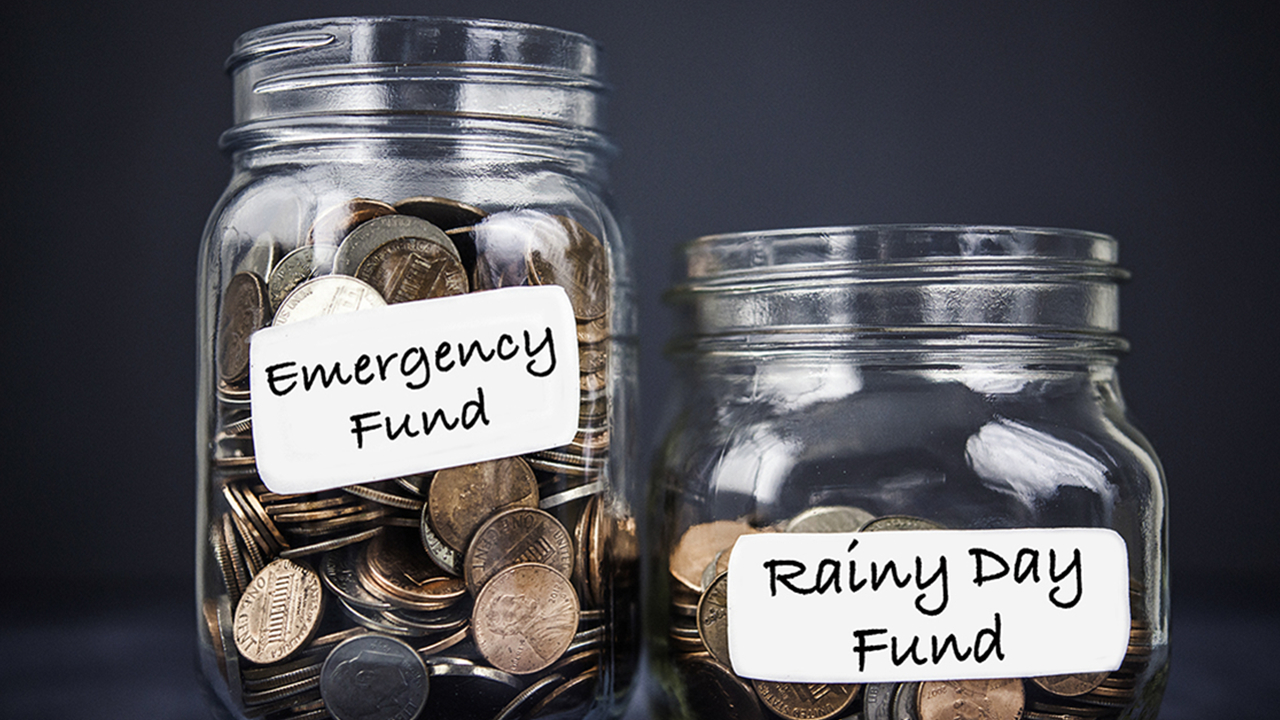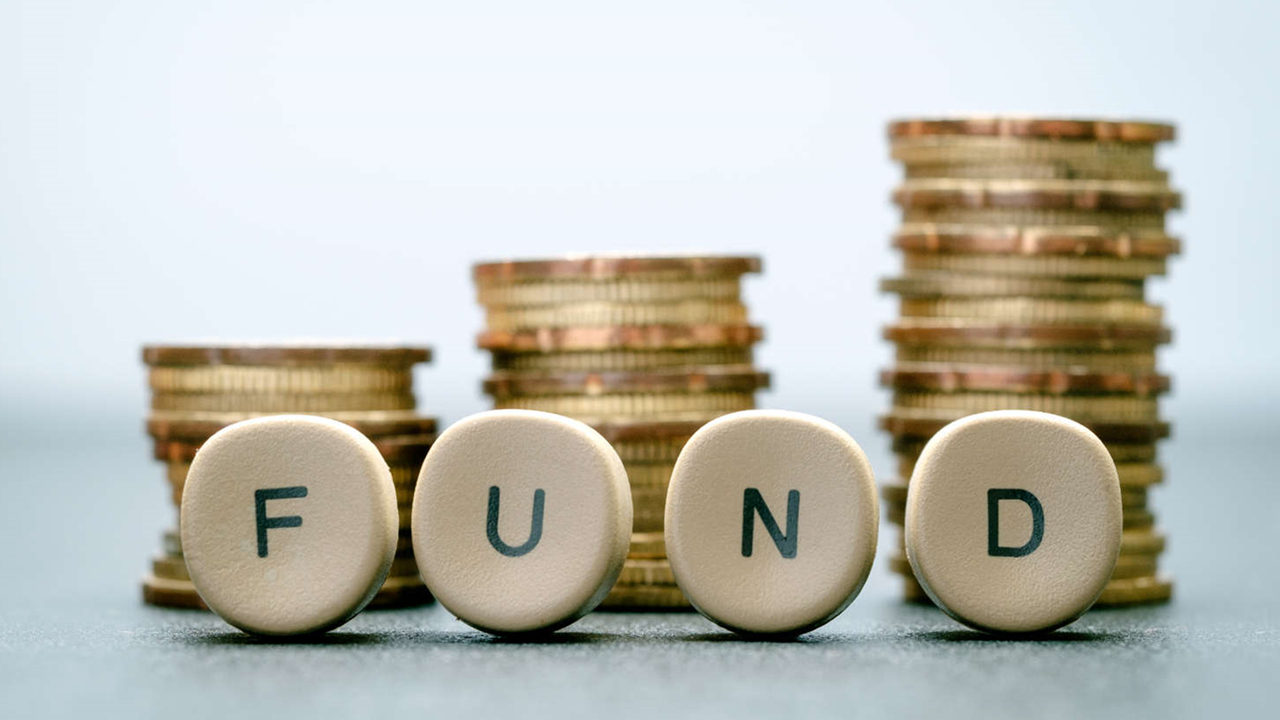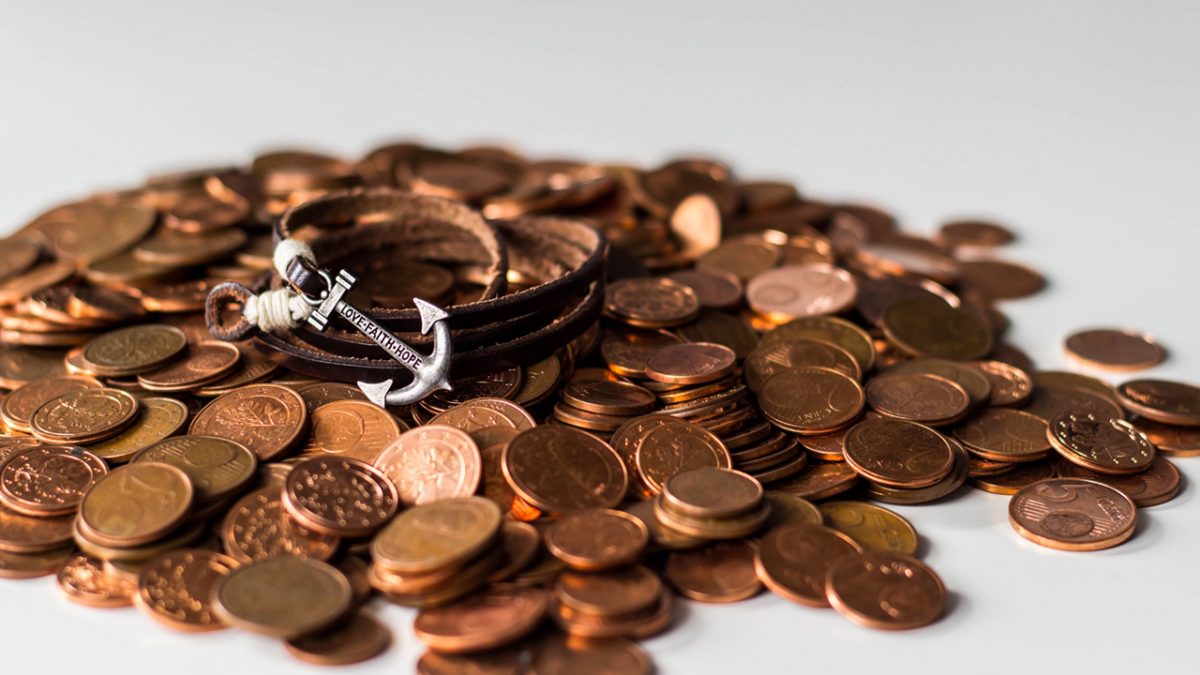Having an emergency fund is the first step toward financial stability. During uncertain times, having some extra spare cash will prove to be lifesaving. Saving for that emergency fund will take a bit of effort but it is not impossible. To get started and grow that emergency fund, it is important to be aware of a few rules.
* Paying off debt is not the priority
The emergency fund should take priority over paying off your debt. Being jobless but debt-free does not put food on the table. Your emergency fund should include all monthly minimum payments to all your loans, credit cards, mortgage, and so on.

* Knowing your monthly budget is key
You should be fully aware of all your monthly expenses. Your emergency fund should cover all your living costs including food, utilities, mortgage, and credit card payments. It should not include any kind of expense that is not deemed necessary. This means there will be no restaurants, no money spent on clothing, games, and anything that can be deemed as fun. Not having a source of income and depending on the emergency fund is not fun and should be treated as such.
* Bring down your living costs
There are a few minor things that can be tweaked to reduce your spending. Think about getting a cheaper mobile subscription plan, give up on streaming platforms, get a cheaper car, change your internet subscription plan, and anything else that could save you money especially when you are living off your emergency fund.

* Building slowly and steady
Until you do not have enough to cover your living costs for at least 3 months, you must not stop adding cash into your emergency fund. Pay all your bills, all your minimum payments for whatever kind of debt you have, and whatever is left, put it into your checking account. Do not touch that money and do not stop until you reach your goal. A fund that can sustain your living expenses for 3 months is a great place to be in but ideally, you should have enough to cover 6 months to ride out through any kind of bad moment in your life.




